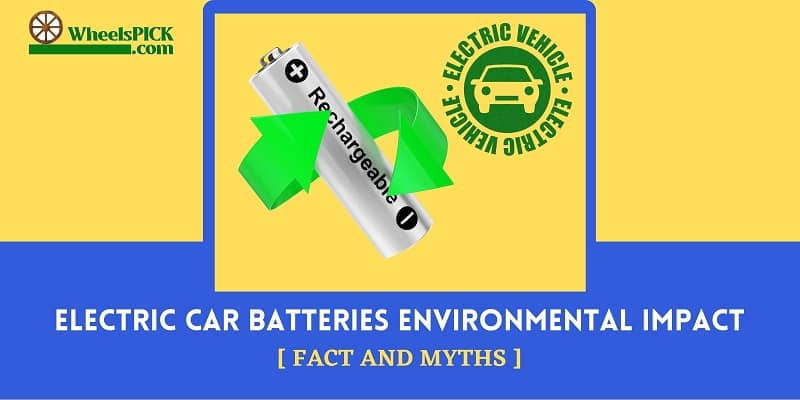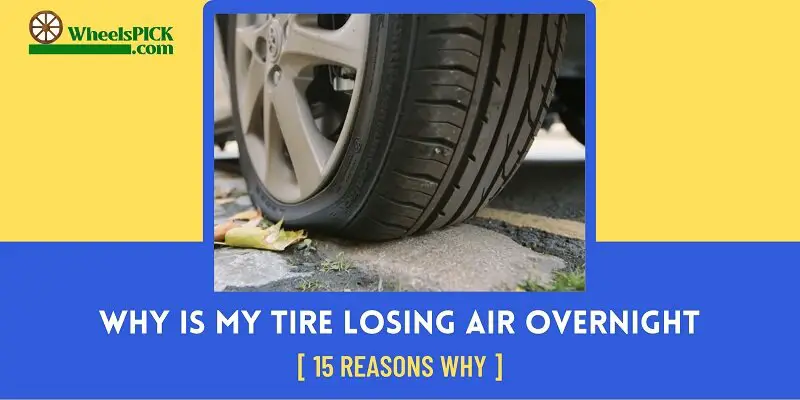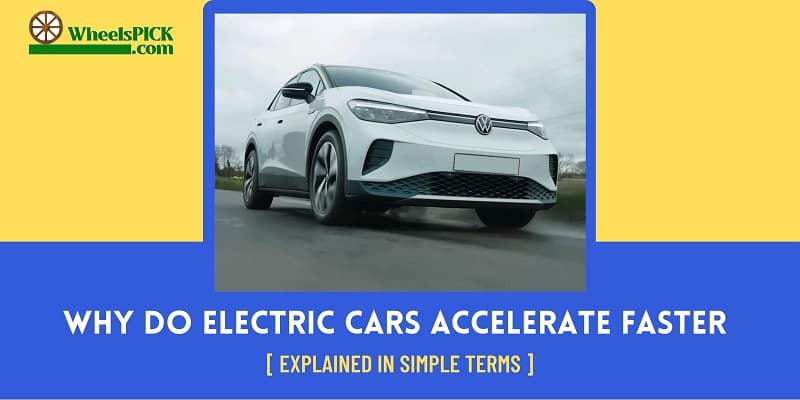It’s remarkable how we still know so little about the vastly used electric cars. Seriously, ask yourself – how much do I know about electric car batteries environmental impact? Doesn’t it bug you that you’re unaware of the extent of the vehicle’s environmental impact that you’re religiously using?
Hmm, we got you if you’d like to rectify this situation. To be fair, there are many myths and facts that you must already know. But it’s finally time to debunk all of it. Don’t worry, our article has apt information – thanks to all the intellectual writers focusing on this matter and publishing research papers and reports.
So, without further ado, let’s get rolling – no pun intended.
What Is the Environmental Impact of Mining for Electric Cars
Although the keyword here is ‘green,’ it might not be the case all the time. The boom in electric cars has unleashed the need for higher lithium extraction and supply.
Unfortunately, the negatives of lithium include damage to air, soil, water, and nature. With increasing mining demand, the race to extract white oil increases, leading to more significant environmental pollution.
Facts and Myths About Electric Vehicles
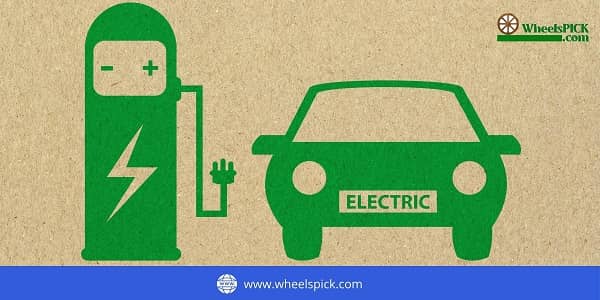
This is the moment you have all been waiting for. Ready to get on with the infamous electric car batteries environmental impact, facts, and fluffs? So are we!
In this section, we will dip into all that’s necessary for users and non-users to know about electric cars, their depth of ‘greenness’ and eco-friendly nature. Let’s get started.
How Environmentally Friendly Are Electric Cars?
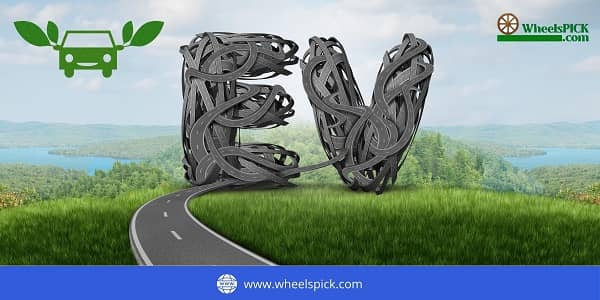
As we can already tell, electric cars are extremely clean and green. But to what extent is the question. Electric vehicles may be the first of many creations with a success rate that focuses on curbing oil usage and conserving nature.
Needless to say, electric cars are much more climate-friendly than other traditional four-wheelers, but they still have environmental impacts on us and the earth that can’t be unseen. The biggest worries about electric cars depend on how they are manufactured and charged.
Let’s take a quick review of some of the signs.
- Electricity – One of the significant electric car batteries environmental impact comes from electricity production. Numerous amount of coal burns to charge these revolutionary vehicles. Here’s a simple comparison that can put both parties to the test.An electric car can produce 189grams of carbon dioxide on average per mile, whereas a fuel-induced car could make 385grams. So, it’s more of a gamble for the users.
- Raw Materials – Raw materials such as rare earth components, lithium, and cobalt utilized in lithium-ion cells can be gravely dangerous for humankind, especially cobalt, which has hazardous slags and tailings that eventually lead to nature and humans.
Pros and Cons of Electric Cars on the Environment
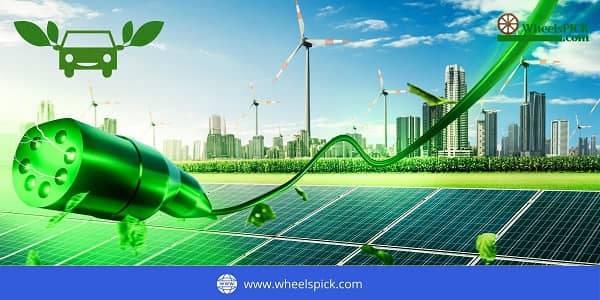
Wondering how to know the actual worth of electric cars? Come and look at the pros and cons of owning an electric vehicle. It can illuminate you on various topics, which might lead you to understand the situation better.
The Pros of Electric Cars on the Environment
- You can save a ton of money as you don’t have to spend an arm and a leg on gas to fuel your vehicle.
- Electricity isn’t finite and renewable. Thus, it might merely take sufficient water and wind power to generate electricity which is much more viable than fuel.
- Although the effects are still there, it’s considerably lower compared to fuel-charged cars. You will contribute to lesser greenhouse effects and gas emissions.
- Believe it or not, electric cars require lower maintenance. And it’s obvious because you don’t need frequent tank fills or visit the gas stations. Generic EV charging stations or portable EV chargers can do the job for you. On top of that, regular wear and tear repairs are also lower with electric cars.
- Lastly, users believe that electric cars have a smoother and quieter performance, contributing to lower noise pollution. It’s a huge plus for people who love efficient brakes and overall faster response and performance in cars.
The Cons of Electric Cars on the Environment
- It’s evident that electric cars aren’t always budget-friendly. These are superior choices. Thus, they are pricier than traditional cars.
- Charging an electric car via portable EV chargers or other alternatives can be lengthy. You will have to set it sufficiently so it performs adequately.
- One of the downsides of owning an electric car is that it wouldn’t give as much mileage as traditional vehicles do. Electric cars can only commit to 60 to 100 or 250 to 350 miles per charge.
- How often do you see an EV charging station? Yes, rarely. It’s a no-brainer that these technologies are only up and coming; thus, finding appropriate resources such as electric car filling stations is tough to locate.
Environmental Impact of Battery Production and Disposal
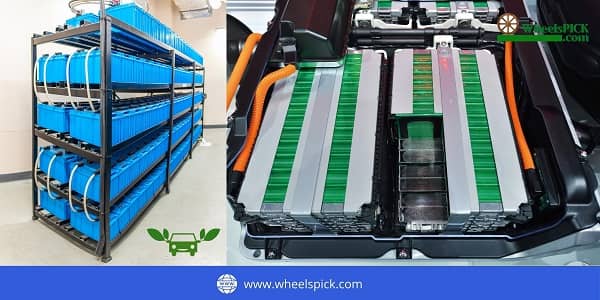
Honestly, standard household batteries might have a few getaways. Unfortunately, the case isn’t always the same for car batteries. Here are a few impacts of battery production and disposal on the environment.
- When one disposes of car batteries improperly, they can end up in landfills leading to air and water pollution. Since they corrode over time, the chemicals get absorbed by the soil contaminating the water beneath eventually.
- Disposing of batteries improperly can release harmful corrosive acids and fluids into the environment. These can make their way to humans eventually and cause damage and burns to the skin or eyes. Some of the major chemicals and radiation could also lead to cancer and disabilities in humans.
- Manufacturing electric car batteries alone could emit around 74% of carbon dioxide to the environment. Having said that, even with its green initiative, when the vehicles are running, this rate will increase further.
Why Electric Cars Are Bad for the Economy: Are Electric Car Batteries Bad for the Environment?

Learning about the footprint of these vehicles would be insignificant if we didn’t fully understand electric car batteries environmental impacts on the economy.
Electric cars can generate colossal carbon dioxide emissions during and after manufacturing as they possess more energy stored in larger batteries. Since the electric car battery is more prominent with a higher range, the economic costs upon living beings are also higher.
Lastly, when corroded batteries chemicals soak within the ground, surface water, and soil, it can demolish the ecosystem as it severely harms animals, plants, and aquatic creatures.
On the other hand, EV cars can reduce fuel costs as consumers buy less oil and move to electrical resources. These additional savings can later be spent on other items.
Indirect Pollution from Electric Cars
Here’s the deal. The electric car’s battery is solely powered via emission-producing resources such as carbon.
As long as electric vehicles require charging in this manner and the battery production continues, there will be inevitable toxic fossil fuel impacts and emissions on the environment. Even though it’s an indirect polluting element, its effect is quite significant.
How Are Electric Car Batteries Disposed Of?
If your EV’s battery isn’t delivering the expected range and speed, you will most likely try to get rid of it. However, the battery’s lifespan doesn’t end there, as it could serve as electrical storage for another decade. Following this set of events, the battery will be recycled or dismantled sooner or later.
If not the former two, one can also dispose of the battery as hazardous equipment. There’s no thorough step-by-step process to coordinate the recycling, disposal, or collection of electric car batteries yet.
Why Electric Cars Are Better: Electric Cars Environmental Benefits
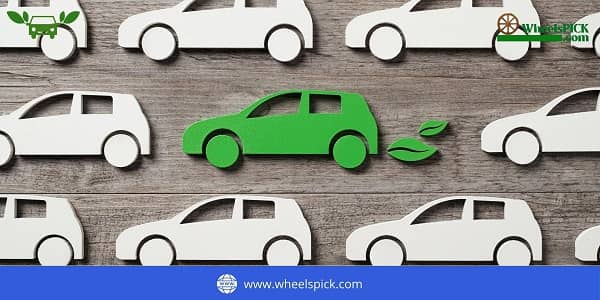
It’s time to see a few positives of electric car batteries environmental impact, don’t you think? Let’s get on with it then!
- Cheap to Run – Did you know that it costs 40% lesser to run an EV compared to traditional cars? Well, it’s a real game-changer.
- Less Pollution – Even if the cars haven’t reached their full green potential yet, they’ve generously reduced harmful exhaust emissions and air pollution.
- Renewable – Thankfully, to reduce the greenhouse effect to a minimum, you can charge electric cars via solar PV systems.
- Health Safety – Better air quality, fewer exhaust emissions, and a greener environment; who doesn’t love that idea? EVs are one step closer to being completely eco-friendly, significantly benefiting human lives.
How Do Lithium-Ion EV Batteries Violate Human Rights? How Scarce Is Lithium?
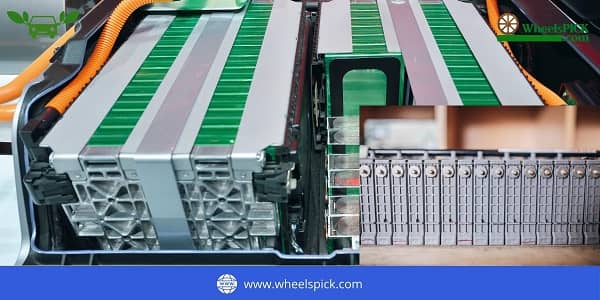
According to the United Nations, humans should have ‘access to safe, sufficient and affordable water, sanitation and hygiene facilities.’ With that being said, as we all know, lithium-ion is exceptionally harmful to the environment.
Moreover, the United Nations has also declared the following; ‘ having a clean, healthy, and sustainable environment is a human right.’
Needless to say, materials utilized in EV cars, such as cobalt and lithium mining, violate every human right as it contaminates soil, air, and water. Furthermore, lithium mining is also accomplished in impoverished regions, with people below the poverty line working in unhealthy conditions.
A recent report from BNEF has also declared that there are 21 million tons of lithium reserves. This amount can safely guard the future EV car creations till mid-century.
What Is the Environmental Impact of Lithium-ion Batteries in Electric Vehicles?
Lithium-ion in EV car batteries causes water, air, and soil pollution. Lithium mining is responsible for wasting a large amount of water in drier areas, causing colossal contamination. This leads to an outbreak of toxic chemicals such as hydrochloric acid, contaminating surroundings during the mining process.
Problems if All Cars Were Electric
Millions of Electric Car Batteries Will Retire in the Next Decade. What Happens to Them?
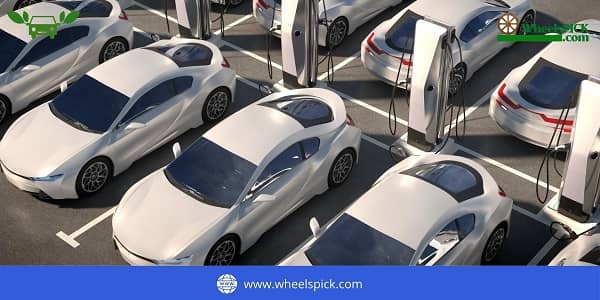
The need to properly dispose of EV car batteries is overflowing. It has led to many research centers and recycling startups figuring out how to dispose of and dismantle dead batteries. Establishing this flow of first to second life can also reduce the toxicity produced by lead-acid batteries.
Fortunately, many facilities in Africa are safely recycling batteries. There are significant obstacle courses ahead for millions of EV cars that will retire in the following decades.
This means that organizations are coming up with ways to create multiple electric cars charging options that are safe and eco-friendly. One of the promising aspects of research is hydrometallurgical chemical leaching procedures due to their environmentally sensitive prospects.
In the end, there are still no quick fixes yet, but with thorough research, and trial and error, we can only hope for the best.
Frequently Asked Questions (FAQ)
Q1. Are Electric Car Batteries Recyclable?
A) Lithium-ion and Lead-acid batteries utilized in portable EV chargers and vehicles are recyclable. However, they are not entirely. Although lead acid is the most recyclable, extracting the materials still needs further refinement.
Q2. Are Electric Car Batteries Hazardous?
A) Even though numerous recyclable batteries have populated the market, they eventually have toxic chemicals in possession. These eventually end up in landfills, making them even more hazardous.
Q3. What Are Electric Car Batteries Made Of?
A) There are two types of EV batteries, nickel-metal hydride, and lithium-ion, utilized for Toyotas and Jaguars, respectively.
Q4. Are There Enough Minerals for Everyone to Drive an Electric Car?
A) Unfortunately, the resources are finite, and there aren't enough resources currently to build and drive electric cars for the entire population.
Q5. How Green Are Electric Vehicles?
A) The electric car batteries environmental impact are undeniably strong. Electric cars produce a significantly lower amount of ecological hazards, but they're not 100% safe yet.
Q6. Are Electric Greener Than Fossil Fuel Powered Cars?
A) An electric car battery is evidently very green, but these plug-in cars still have environmental impacts that could be hazardous for nature and the population.
These electrically powered cars are eco-friendly and greener compared to fuel powered ones. However, they can't be the ultimate solution as there's room for more significant improvement.
Q7. Where Do the Electric Car Batteries Go When They’re Empty?
A) When the desired range for a car deteriorates, one can still use it for its electrical storage for another decade. However, these electric car batteries are also recycled, dismantled, or disposed of sooner or later.
Q8. Will Car Battery Be Enough to Run Electric?
A) Unfortunately, no. Electric car batteries are never enough to power up a vehicle as it also requires AC and DC to charge up and run the car.
Final Words
Phew, let me tell you, it feels great to have discredited some of these awful rumors. If you’re an avid user of green products, you must know all the facts about electric car batteries environmental impact. At the end of the day, it’s our right to know where we’re putting our money, yes?
To boil it down, we have learned that the concepts of portable EV chargers and the electric car battery is a game-changer. However, this isn’t the finish line as it’s a ‘greener’ product but not the ‘greenest.’ There’s much room for future improvement in this sector.
Hopefully, a few years down the line, we will roll on a 100% environmentally friendly four-wheeler.

